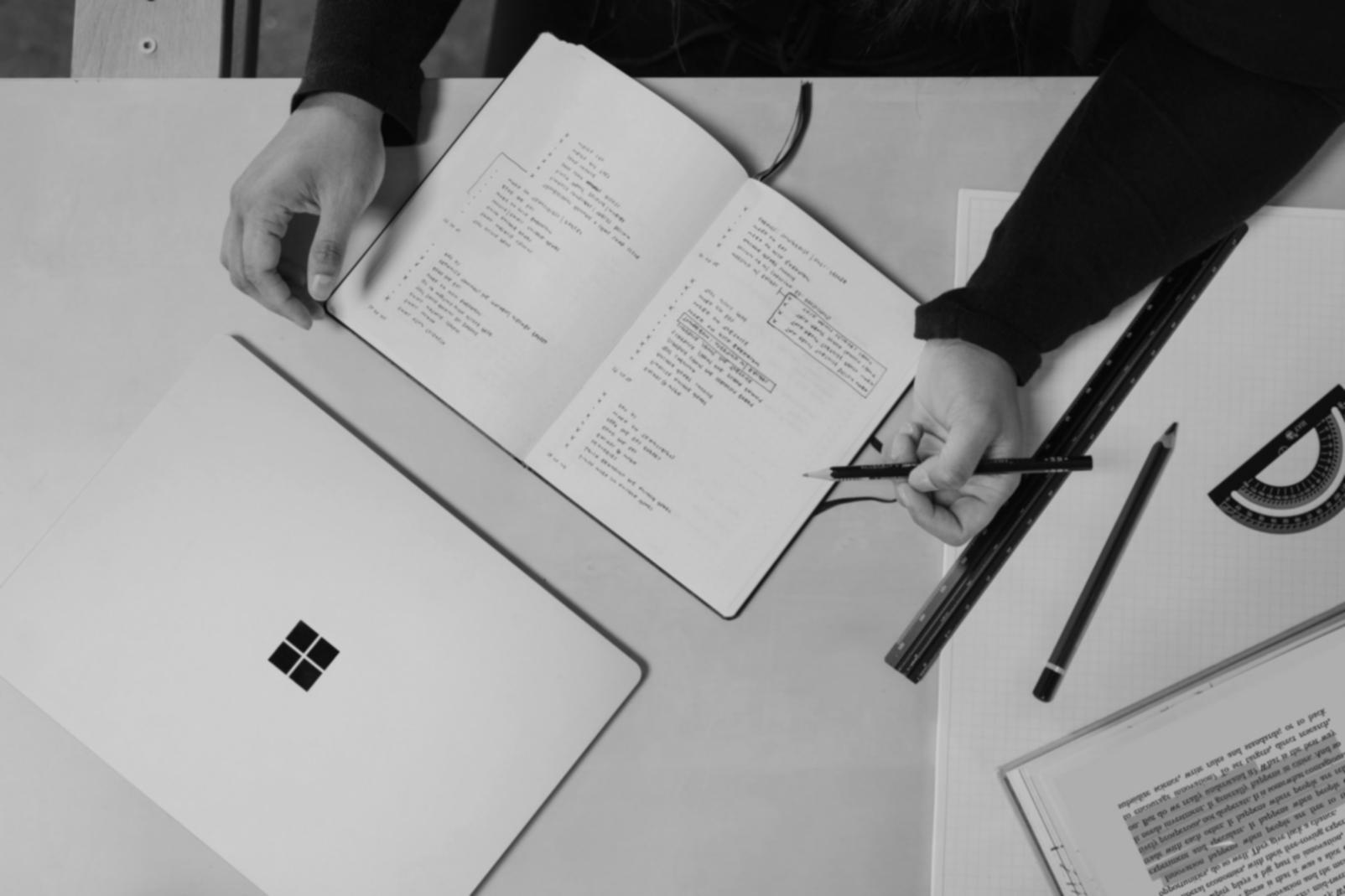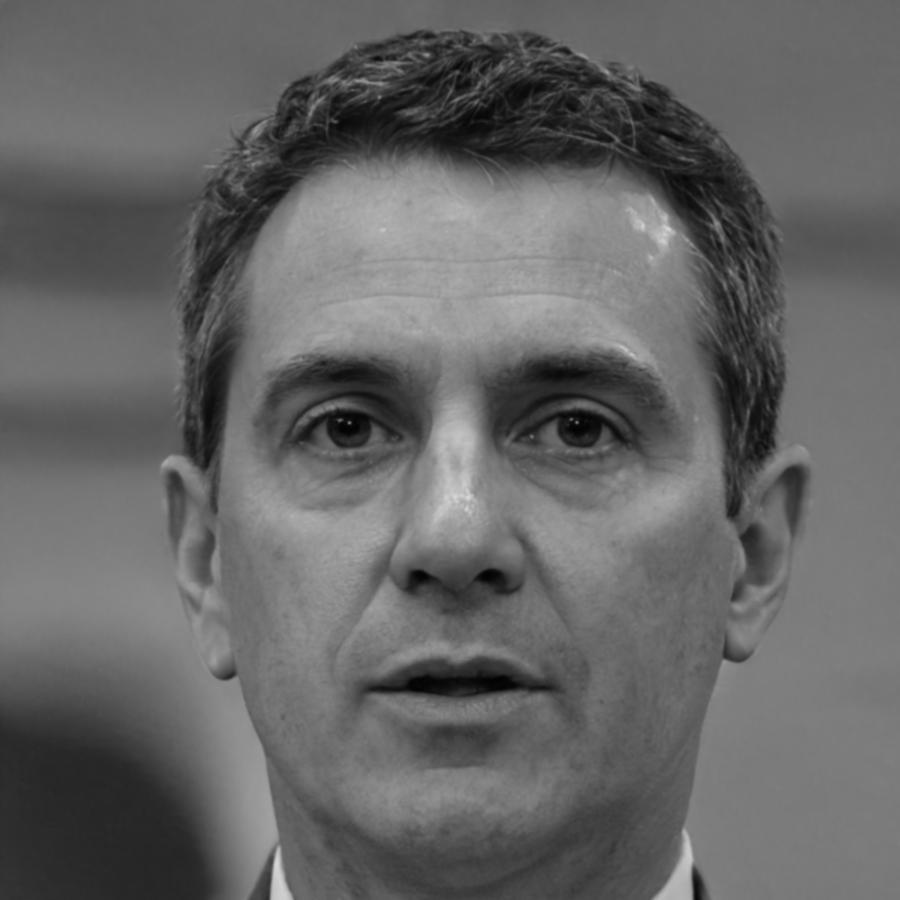Money doesn't have to feel mysterious
Most people think finance is complicated because that's how it's been taught. We're changing that. Our approach strips away the jargon and focuses on what actually matters for your situation.
Explore Programs
Three things we've learned from working with hundreds of Australians
After years of helping people get control of their finances, these patterns keep showing up. And they're simpler than you'd think.
Tracking beats planning
Everyone wants a perfect budget. But knowing where your money went last month is worth more than any forecast. You can't fix what you can't see.
Small decisions compound
The subscription you forgot about matters more than you think. Over five years, a $15 monthly charge becomes $900. Multiply that by all the small leaks and you've got real money.
Context changes everything
What works for someone in Sydney's inner west won't work for someone in regional Queensland. Your housing costs, transport needs, and income patterns are unique to you.
Start with what's actually happening
Forget aspirational budgets. We begin by looking at your last three months of transactions. Not to judge, but to understand your real spending patterns.
Most people are surprised by what they find. The coffee habit isn't usually the problem. It's the irregular expenses that catch you off guard - the car rego, the birthday gifts, the annual insurance renewal.

Build systems that work with your brain
Willpower is overrated. We help you set up automatic transfers, separate accounts for different purposes, and simple rules that don't require constant monitoring.
One account for bills and fixed expenses. Another for irregular costs. A third for spending. When the spending account hits zero, you wait until next payday. It's straightforward because complicated systems fail.

Adjust as life changes
Your financial system needs to flex when you change jobs, move cities, or start a family. We teach you how to recalibrate without starting from scratch.
The principles stay the same. Track what's happening, automate what you can, and keep enough buffer for the unexpected. But the numbers shift as your circumstances do.

Built by someone who's been there
I spent my twenties wondering where my paycheck disappeared to. Decent income, nothing to show for it. The turning point came when I actually tracked every dollar for three months.
The results were uncomfortable but illuminating. I was spending $400 monthly on convenience - takeaway lunches, Uber rides I didn't need, impulse purchases at the servo. Not because I was reckless, but because I wasn't paying attention.
That experience shaped how we teach. No judgment, no shame. Just honest assessment and practical systems. Because financial control isn't about deprivation. It's about intentionality.

Tristan Bellingham
Founder, zavrelinotaq
Our next program starts September 2025
We run cohorts quarterly to maintain quality and give everyone proper attention. Spring session opens for enrollment in July. Limited to 35 participants so everyone gets individual feedback.